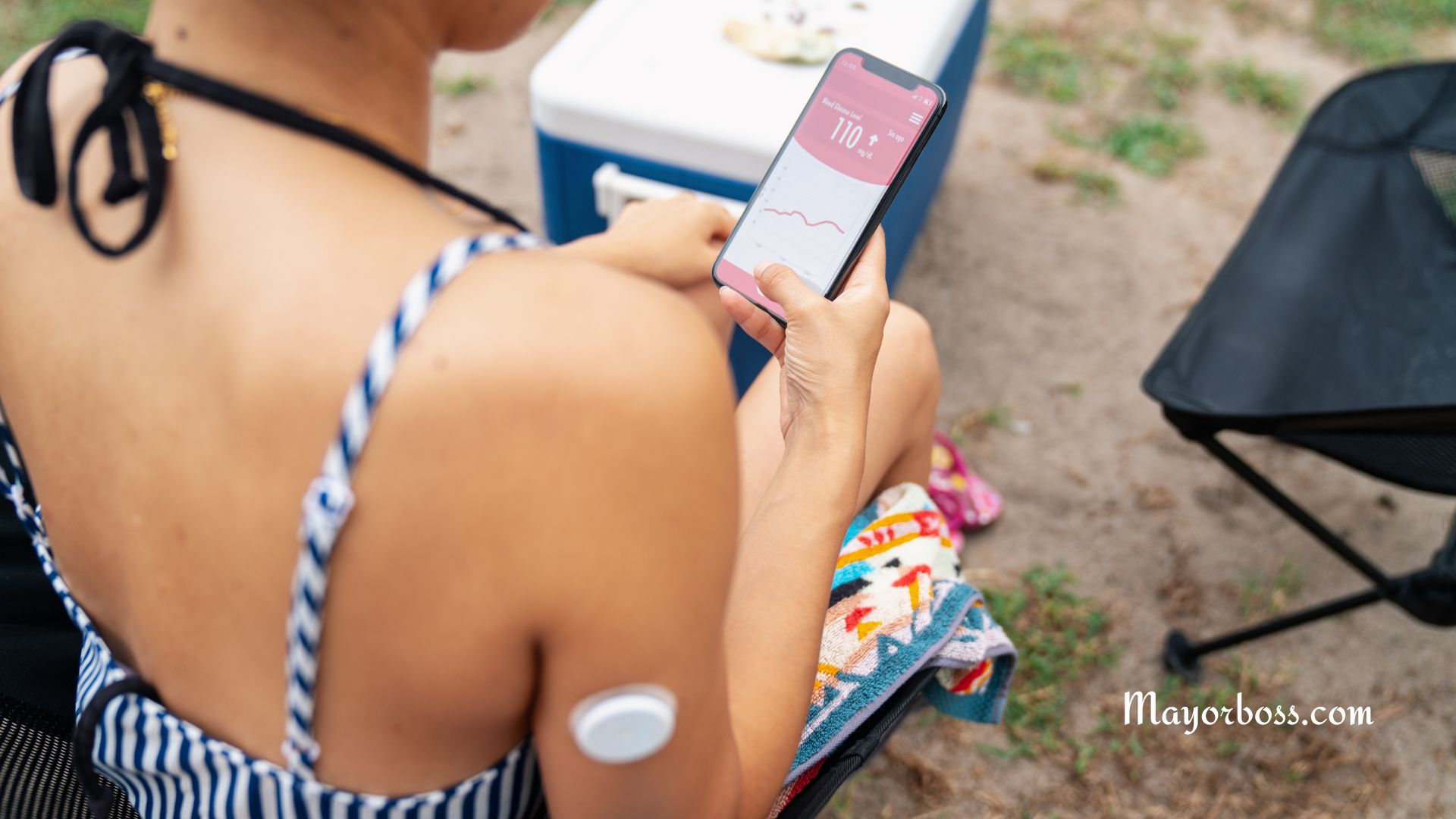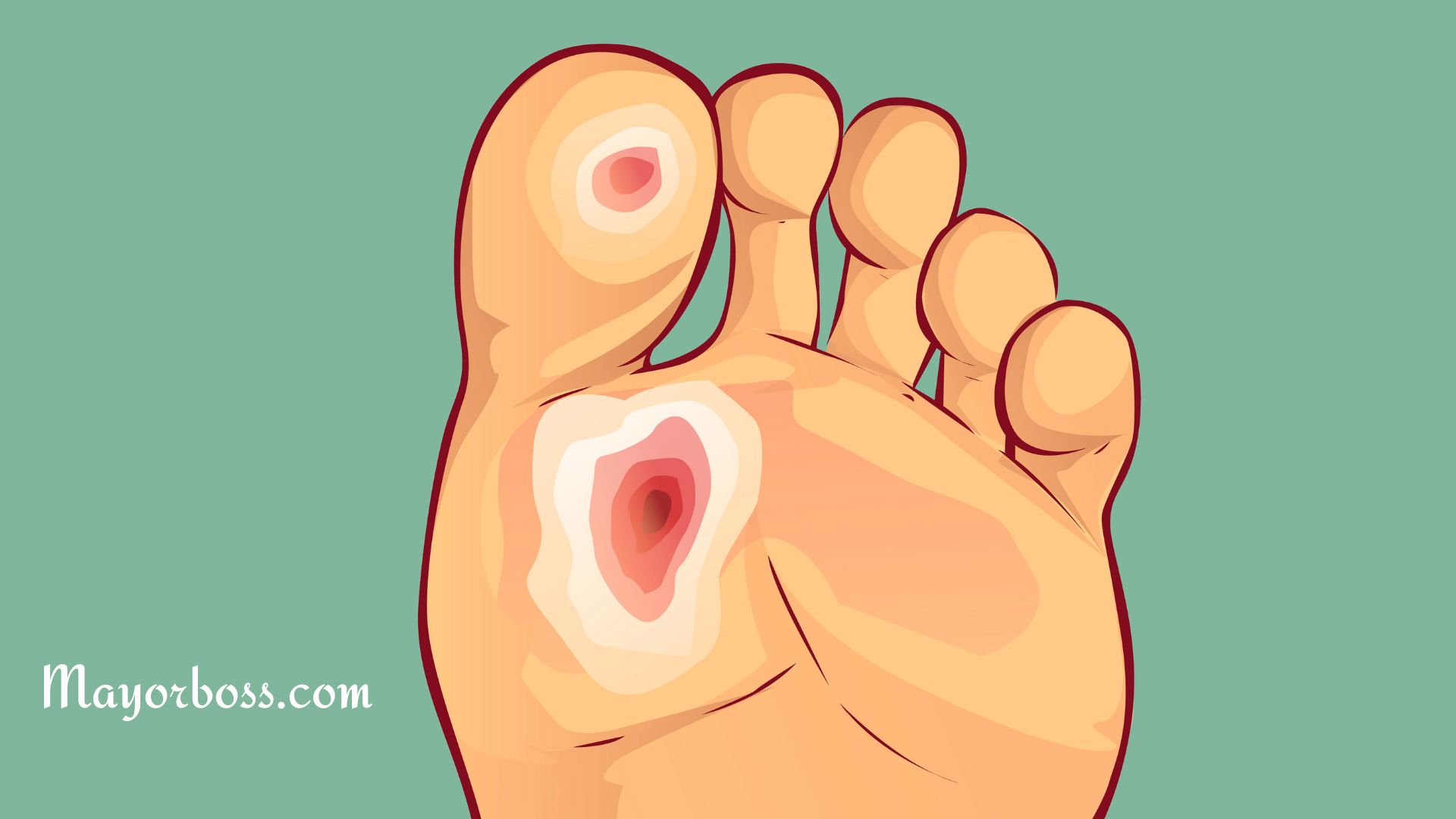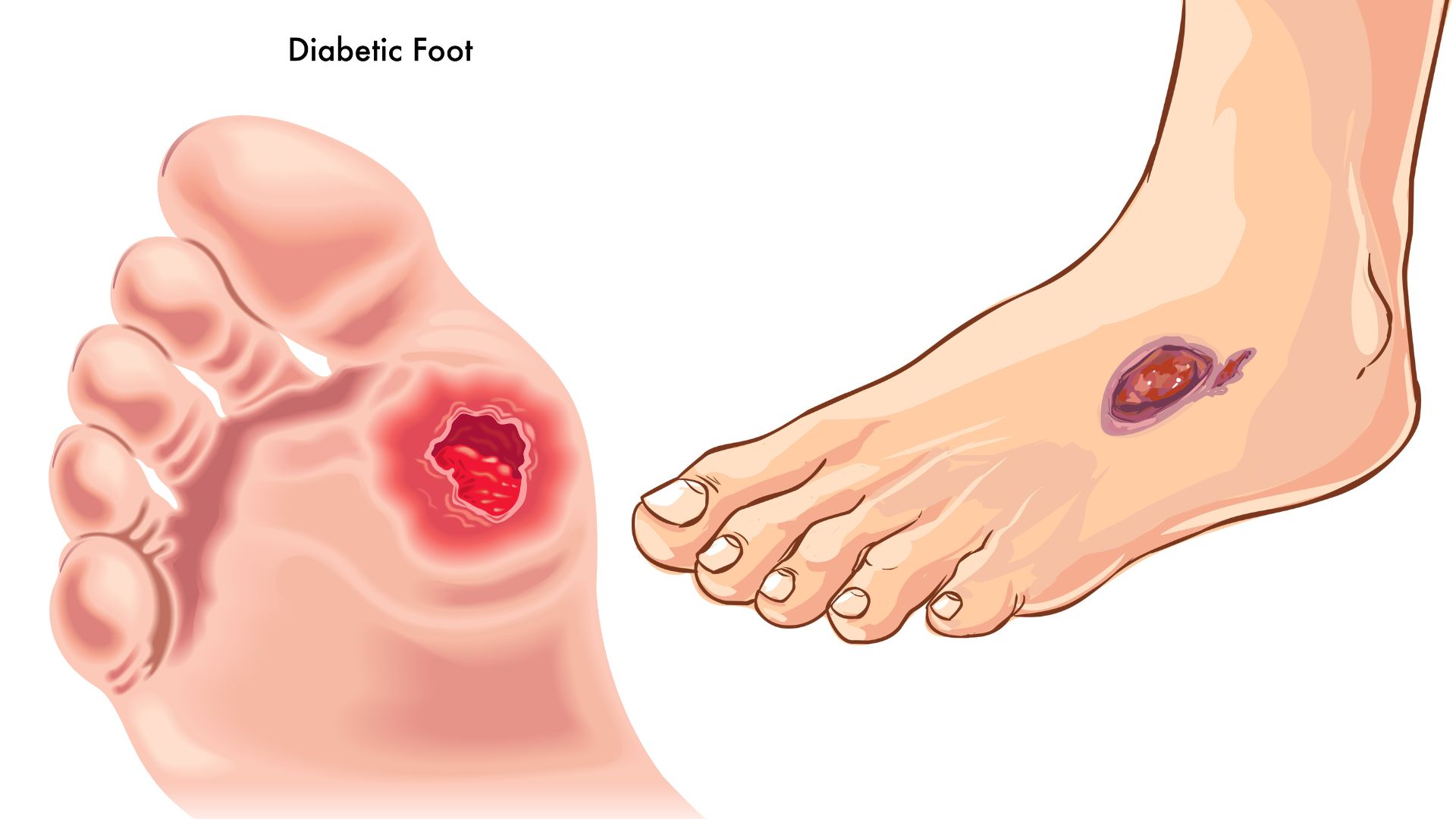8 Signs of Type 2 Diabetes You Should Know

Did you know that an estimated 1 in 10 Americans have diabetes? Type 2 diabetes accounts for 90-95% of those cases. It typically develops in adults, but it’s becoming increasingly common in children and adolescents due to rising obesity rates and sedentary lifestyles.
The concerning part is that many people don’t even know they have it. Because Type 2 diabetes symptoms often develop slowly, it might be years before symptoms appear.
Type 2 diabetes is a long-term condition that affects how your body handles blood sugar, and it often develops slowly without noticeable symptoms at first. This common health issue often develops slowly, and you might not notice any symptoms at first. Dr. Natalia Hapych, a certified family medicine doctor, says that recognizing early signs is crucial so you can manage it and avoid complications. Here are eight common signs and symptoms of type 2 diabetes.
1. Feeling Really Thirsty All the Time
One of the most common signs of type 2 diabetes is feeling very thirsty, even if you drink a lot of fluids. This happens because when your blood sugar is too high, your body tries to get rid of the extra sugar by making you urinate more often. Because of this, you lose more water and feel even thirstier to make up for it.
2. Needing to Urinate a Lot, Especially at Night
Another sign of high blood sugar is needing to go to the bathroom a lot, especially at night. This happens because high blood sugar makes your kidneys work harder to get rid of the extra sugar, leading to more frequent urination. High glucose levels make your kidneys work harder to filter out the extra sugar, which means you have to urinate more often. If you find yourself waking up several times a night to go to the bathroom, it could be a good idea to talk to your doctor.
3. Always Feeling Tired Without a Clear Reason
Feeling tired can happen for many reasons, but if you are always tired without a clear cause, it could be due to type 2 diabetes. When your body can’t move sugar from your blood into your cells, the cells don’t get the energy they need. Dr. Hapych says that constant tiredness is often caused by your body not using glucose the right way.
4. Blurry Vision or Trouble Focusing
High blood sugar can make the lens in your eye swell, causing blurred vision because the change in shape affects how light is focused onto the retina. If you notice that your vision is blurry sometimes, it could be because of high blood sugar. This symptom can often get better if you control your blood sugar, but if you ignore it, it could lead to more serious eye problems.
5. Losing Weight Without Trying
Losing weight without trying might seem good, but if it happens without you changing your diet or exercise, it could be a warning sign. This happens because your body can’t use glucose for energy, so it starts breaking down muscle and fat instead. Dr. Hapych explains that this kind of weight loss can happen quickly and is a big sign of type 2 diabetes.
6. Cuts and Wounds Healing Very Slowly
If you notice that cuts, blisters, or wounds are taking a long time to heal, it could be because of high blood sugar. High glucose levels slow down your body’s natural healing process, making it harder for blood and nutrients to get to the areas that need them. This means wounds take longer to heal, and you might be more likely to get infections.
7. Tingling or Numbness in Hands or Feet
High blood sugar can harm the nerves in your hands and feet, causing feelings like tingling, burning, or numbness. Dr. Hapych says that these symptoms are called “neuropathy.” If not treated, it can get worse and become painful. Finding it early and managing it can help stop more damage.
8. Feeling Hungry All the Time, Even After Eating
Another common sign of type 2 diabetes is feeling hungry all the time, even right after eating. This happens because your body isn’t using insulin properly to move glucose into your cells, so the cells don’t get the energy they need. As a result, your body keeps sending hunger signals even though you’ve eaten. Dr. Hapych says that this constant hunger can lead to overeating and weight gain, which can make diabetes harder to manage.
The Takeaway
Recognizing the early symptoms of type 2 diabetes is very important to get treatment early and avoid complications. If you have any of these signs, make an appointment with your doctor. Type 2 diabetes can be managed with lifestyle changes, medicine, and regular check-ups. Getting help early can make a big difference in how you feel and reduce the risk of serious health issues.
Don’t hesitate to talk to your doctor if you think you might have symptoms of diabetes. Finding out early is the key to managing it and staying healthy.






